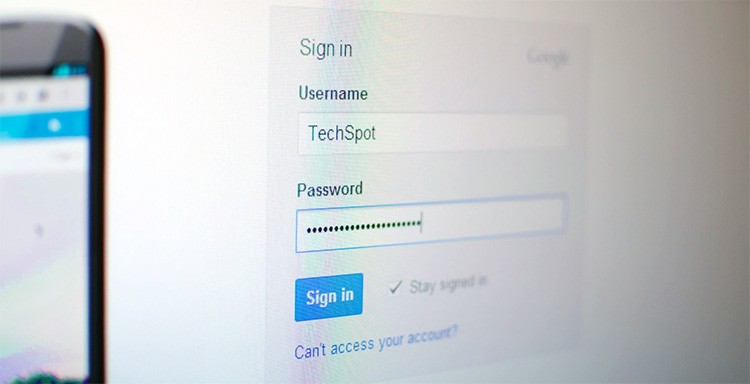
Louis Kowolowski, technical operations manager at the recently closed secure email provider Silent Circle, has stated that the days of private email conversations "are long over", explaning on Friday why the service had to shut down. According to Kowolowski, it's simply not possible to encrypt all the information sent by an email and keep compatibility with current protocols.
The easiest part of the email to secure is the actual content, but the rest of the metadata must go unencrypted if the email is to be read by standard messaging protocols. This means that, regardless if you use a web client or a more secure desktop client, it's possible to intercept some information about an email conversation, such as the sender's IP address, to and from fields, the time of sending, subject lines, and encryption protocols used.
With this data in hand, other parties, such as a government, can easily discover who is communicating and how often. Kowolowski says this information "may be just as damaging as the content of the email. For example, a freedom fighter working in an oppressive country, trying to get the word out."
Silent Circle closed down its email service as a precautionary measure earlier this month, as they could no longer promise complete privacy to their users. The move followed the closure of Lavabit, a similar service used by former NSA contractor Edward Sowden, who famously leaked the NSA's controversial PRSIM data collection program.
Although Silent Circle no longer provides a secure email service, they still have faith in other forms of secure communication, including phone, text and instant messaging. With services such as Silent Phone and Silent Text, it's much easier to secure all communications end-to-end, rubbing out any possibility of unencrypted metadata interception.